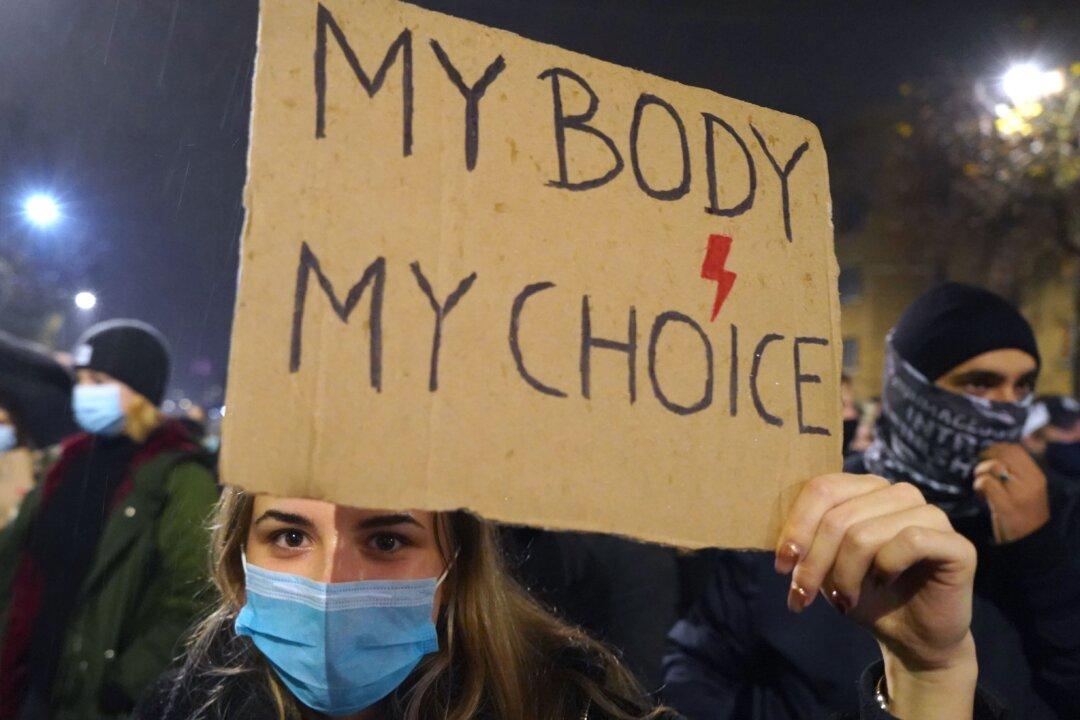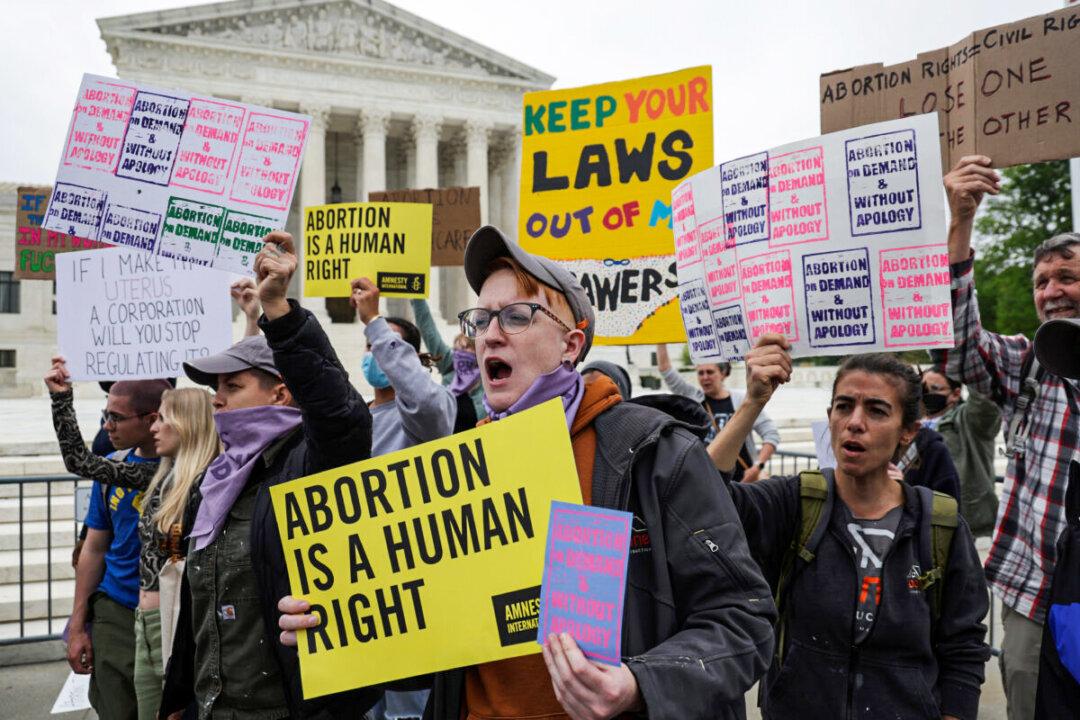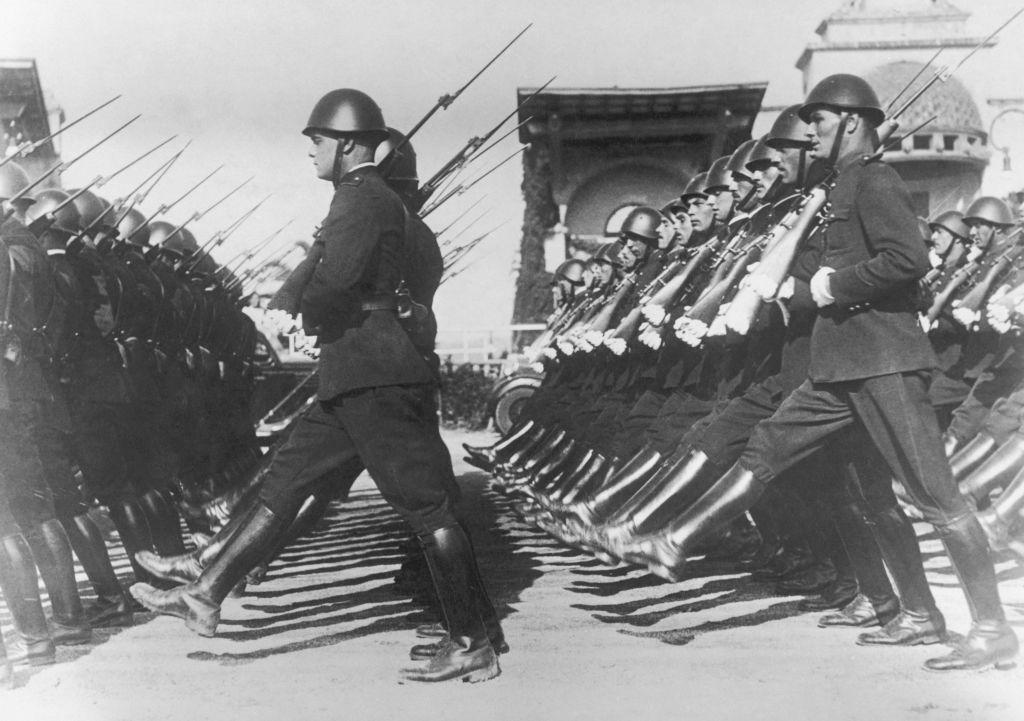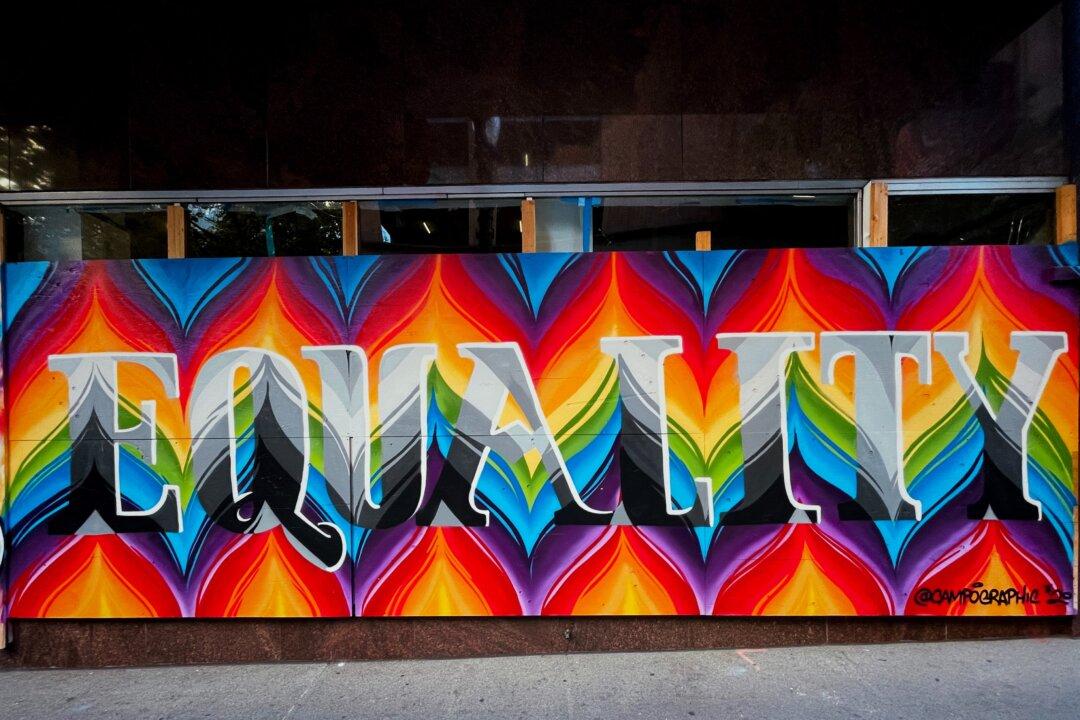Commentary
It’s deeply ironic that while our predecessors thought the most important use of human will was to escape slavery to our own harmful appetites and judgments, “choice” is now cited as the most important moral authority for whatever is chosen. It’s as if personal choice makes something good, despite the obvious fact we may choose something bad—bad for ourselves, and maybe bad for others, now or in the future.





